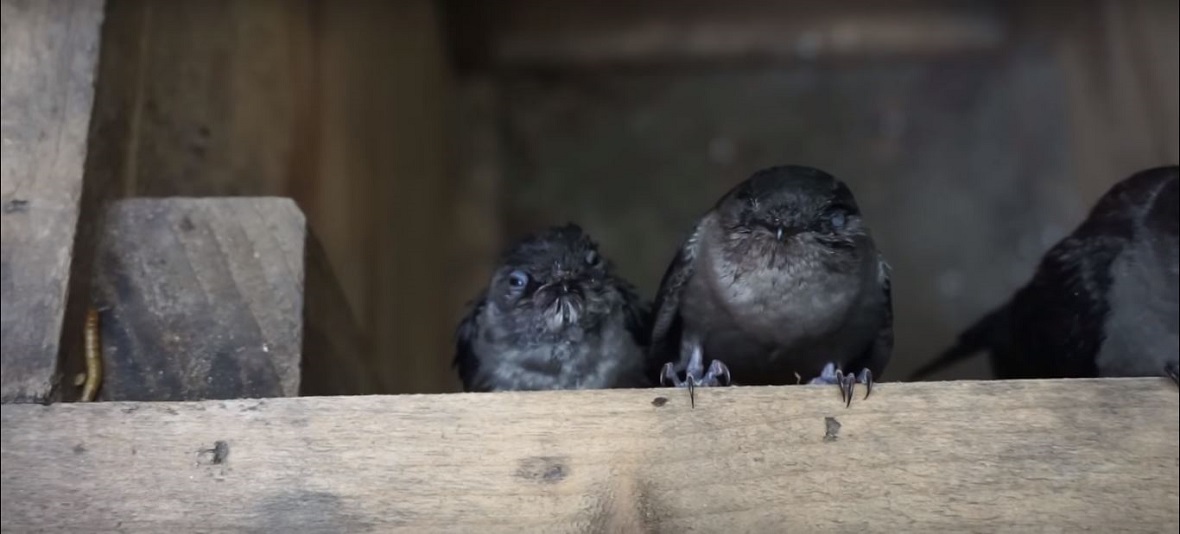- info@animalatticpest.com
- Call - we service 300 locations
Are Birds In The Attic A Health Risk?
There are multiple risks associated with having birds in your attic. Any animal living in that space will cause some sort of damage, even if it just in the form of leaving droppings and urine that can weaken structures and cause odors. There are also some additional health risks to you and your family if birds live in your attic. Some of these are specific to birds while others are risks that occur with any type of animal in the attic.

Potential Fire Hazards
Although not what you typically think of when you consider a health risk, birds can pose a serious fire hazard. Most attics will have numerous wires running throughout them, including those responsible for areas around the house. If the birds choose to pull on wires or cables or even use them as nesting material, this can be a serious fire hazard. You will be unaware of the damage, use your electricity, and a spark can form, starting a fire.
Encouraging Parasites
Additionally, anytime that birds are in your attic, their mere presence and the materials they leave behind can attract parasites, insects, and bad odors. This is always a risk even if the nesting material is in your attic since it is still in the same building where you sleep and eat. As air circulates through your home, insects, bacteria, and more can spread as well.
Contamination Of Water
Depending on how your home is set up, it is possible that your water tank is in the attic. If this is the case and there are birds in the same space, there are some serious concerns. Nesting material or even waste products can accidentally enter the water supply, leading to you directly ingesting bacteria and other particles that are now in the water.
Spreading Disease
There are multiple diseases that can be spread by bird droppings so anytime these animals are in your attic, you and your family are at risk. Histoplasmosis is perhaps the most common. This respiratory disease comes from a fungus found in the dried bird droppings and can be fatal. Certain birds, like pigeons, can also spread candidiasis, a fungus or yeast infection that affects the skin, respiratory system, mouth, intestines, and urogenital tract. Cryptococcosis comes from the yeast within the intestinal tract of starlings and pigeons. It typically starts in the form of a pulmonary disease before affecting the central nervous system.
The best way to avoid all of these health risks or at least minimize them is to make your attic bird-proof. If birds are present, remove them as soon as possible and thoroughly clean the space while wearing protective gear.
